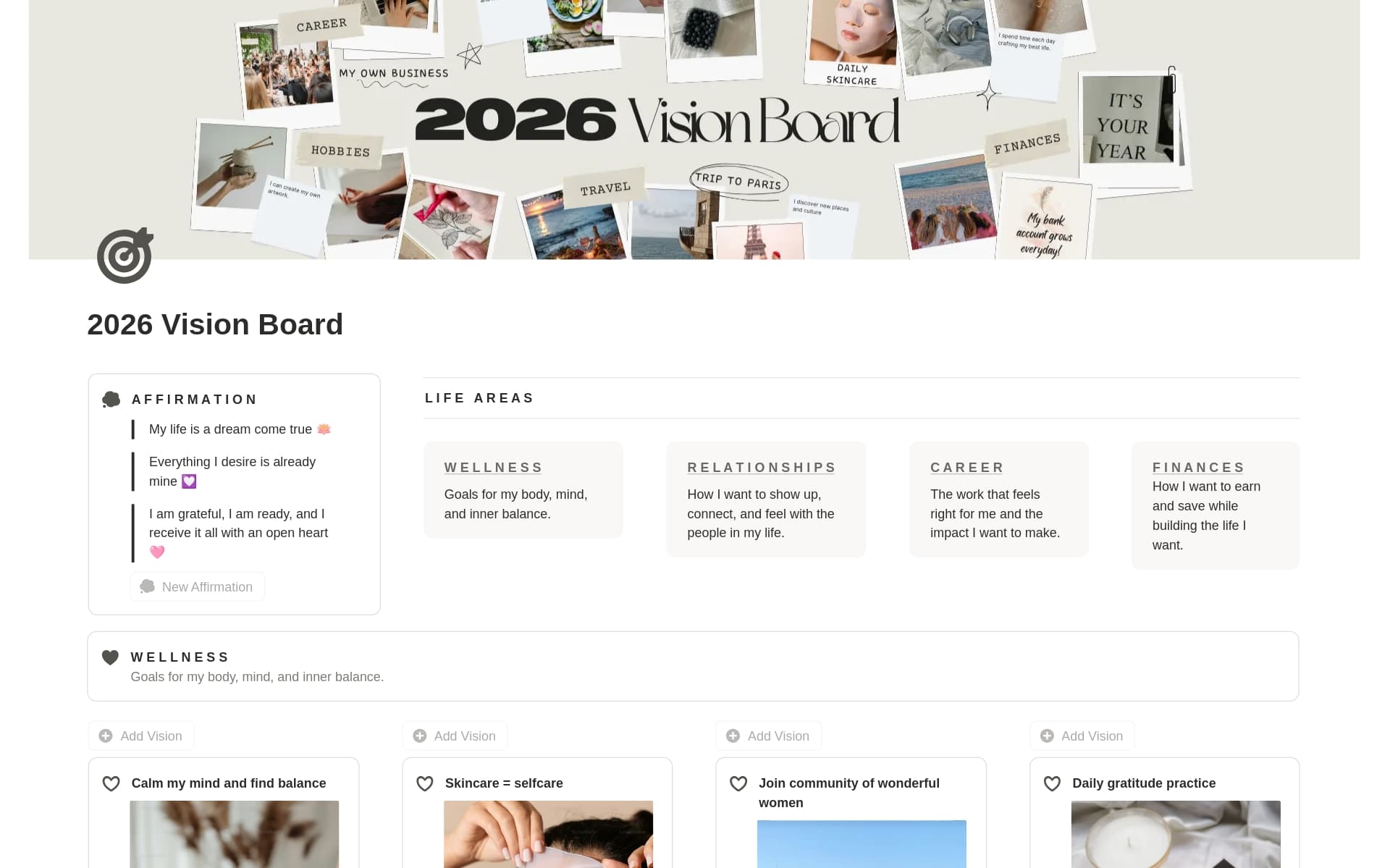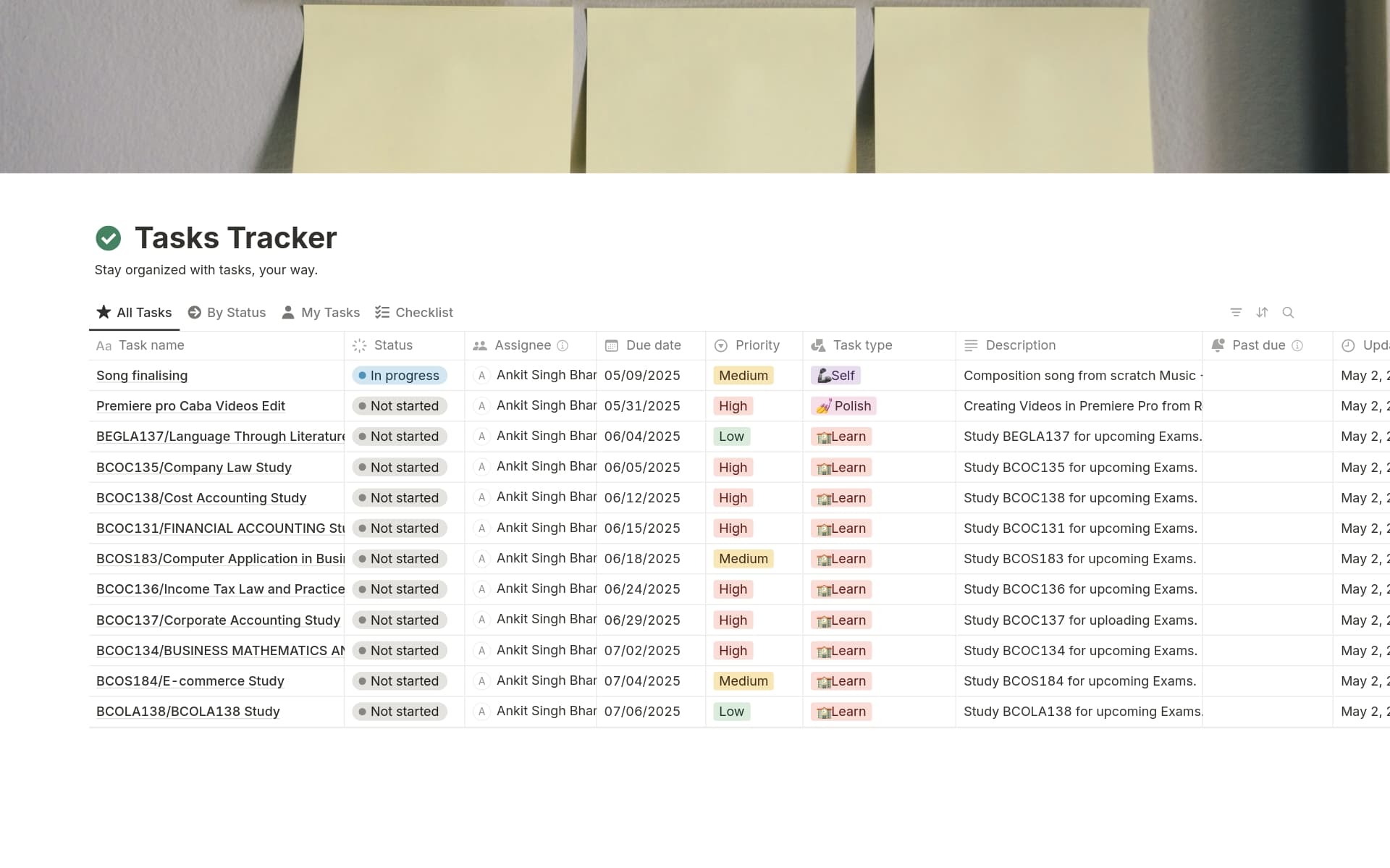For brand managers, organizing and overseeing marketing campaigns throughout various channels is a continuous task that demands meticulous planning and coordination. A Campaign Calendar allows for efficient scheduling, tracking, and analysis of marketing efforts across different media, ensuring that campaigns are executed on time and within budget. Utilizing a Campaign Calendar template in Notion can streamline this process, enabling easier organization, collaboration, and real-time updates, which are crucial for staying agile in a dynamic market environment.
Before you embark on creating your own Campaign Calendar in Notion, browse through the following selections to simplify the process and enhance your planning efficiency.
What Should Campaign Calendar Templates Include?
Choosing the right Campaign Calendar Template is crucial for effective brand management. Here are key components to look for when selecting a template:
Comprehensive Date Range: Ensure the template covers the entire duration of your campaign, from planning to execution and review phases.
Integration Capabilities: A good template should easily integrate with other tools used by your team, such as email platforms or social media schedulers.
Segmentation Features: Look for templates that allow you to segment tasks and activities by channels, teams, or priorities to enhance manageability.
Progress Tracking: Opt for templates that include features for tracking the progress of each campaign element, which is vital for timely adjustments and reporting.
Selecting a template with these components will help ensure that your campaign runs smoothly and is aligned with your strategic goals.
What Should Campaign Calendar Templates Avoid?
Choosing the right campaign calendar template is crucial for effective brand management. However, not all templates are created equal. Here are a few key components to steer clear of:
Overly Complex Layouts: Avoid templates with too many sections and sub-sections. They can make the calendar difficult to navigate and update, leading to confusion.
Non-Customizable Fields: Templates that don't allow you to customize fields can be restrictive. Look for templates that can be easily adapted to fit your specific campaign needs.
Limited Visibility Options: Avoid templates that do not offer different views like weekly, monthly, or quarterly. Flexibility in viewing options is key for planning and tracking.
Selecting a template that avoids these pitfalls will ensure a smoother, more efficient campaign management process, enhancing overall productivity and success.




